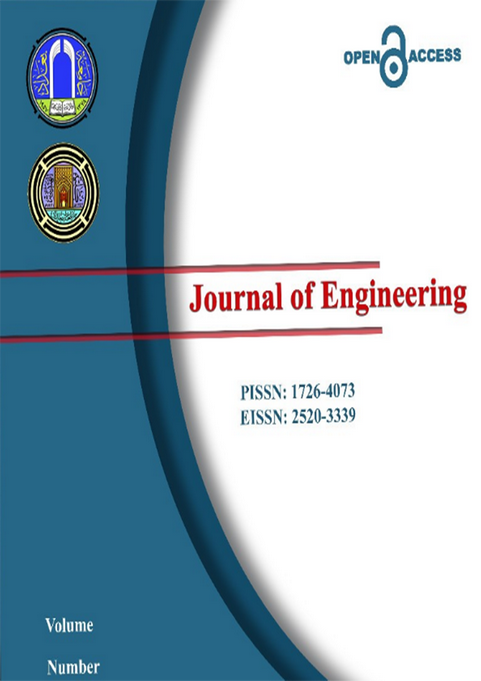Abstract
This paper discusses the indispensable role of sewer systems in urban cities for protecting public health and the environment. The study emphasizes the need for sustainable and scientific operation, maintenance, and rehabilitation of these networks. The authors propose a methodology based on serviceability and performance indicator (PI) principles, comprising two enhanced PI curves to evaluate individual sewers depending on operational factors such as flowing velocity and wastewater level. The methodology was tested in a case study of al-Rusafa in Baghdad city, where two combined trunk sewers (Zeblin and ET-trunks) were analyzed under average and peak dry weather flow scenarios. The performance evaluation showed a sub-index ranging from 0.5 (minimum level of performance) to 1 (excellent performance), indicating that these trunks, if well maintained, will provide sufficient service to the catchment. The study provides a prioritizing tool to help decision-makers manage the sewerage system better.
